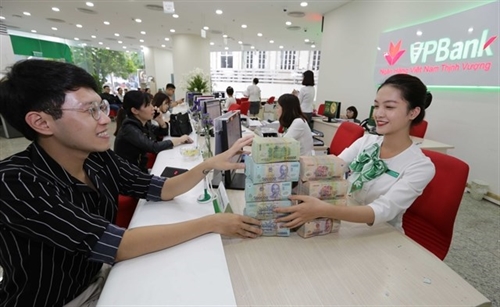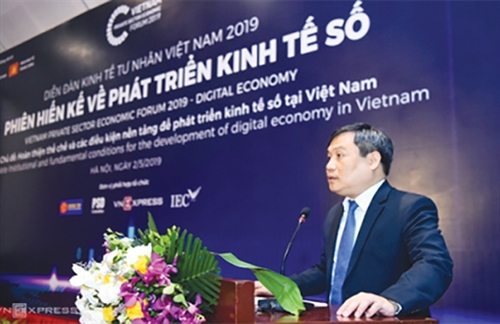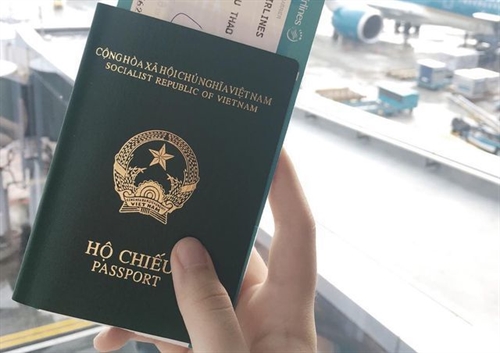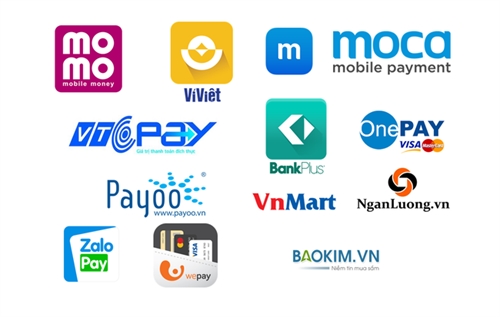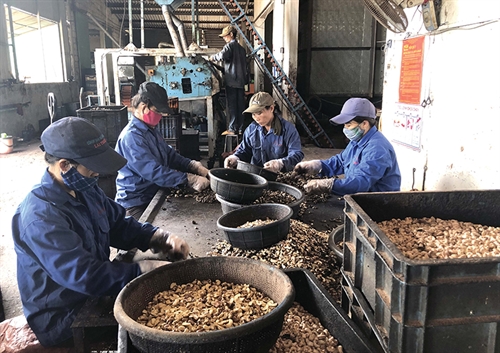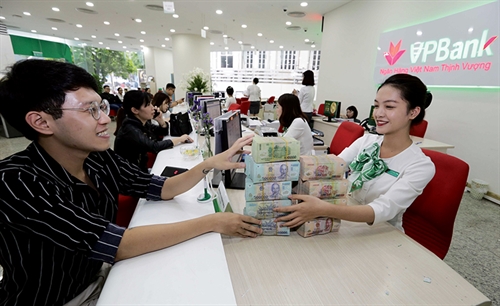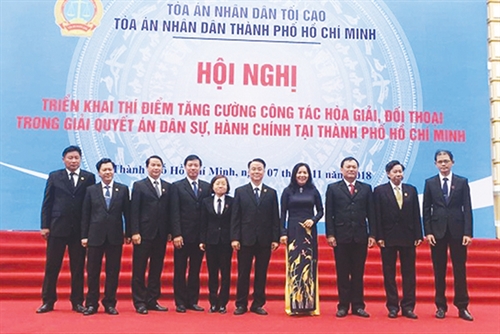Procurement agencies would have to provide equal treatment for goods, services and contractors from all member states of the Comprehensive and Progressive Agreement for Trans-Pacific Partnership (CPTPP) as they do for Vietnamese contractors.
Such is the principle of non-discrimination among foreign and domestic contractors provided in the second draft decree prepared by the Ministry of Planning and Investment, guiding the selection of contractors for bidding packages regulated by the CPTPP.
As per the draft, the equal treatment would also be given among CPTPP member states’ goods, services and contractors, between domestic contractors and others that depend on foreign countries in terms of equity or organization, between goods and service providers in the country and those from another CPTPP member state.
When selecting contractors, in addition to the non-discrimination principle, procurement agencies would have to adhere to three other principles, including rules of origin, use of domestic preferences, and determination of bidding packages regulated by the draft. Contractor selection would be carried out in the form of open bidding or contractor appointment.
In special cases, procurement agencies might elaborate and submit to the Prime Minister for issuance other regulations to ensure benefits provided that such regulations are not applied to discriminate arbitrarily or unreasonably between member states in the same condition, or to cause an obstruction to international trade among member states.
Regarding incentives in contractor selection, the draft says that contractors would be entitled to incentives when participating in bidding for provision of goods with domestic production costs representing 25 percent or more of the bidding package value. Domestic contractors participating in bidding with independent or partnership status and foreign contractors entering into partnerships with domestic contractors to perform jobs representing 25 percent or more of the bidding package value would be entitled to incentives when participating in bidding for provision of consultancy, non-consultancy and construction and installation services.
After calculating incentives, if bid dossiers and dossiers of proposal are equally ranked, priority would be given to contractors who propose higher domestic costs. If a contractor participating in bidding is entitled to more than one incentive, he/she/it would enjoy the highest incentive as stated in the bidding dossier and dossier of requirements.
For mixed bidding packages, incentives would be calculated on the basis of all proposals of contractors in the provision of consultancy, goods, and construction and installation services. Contractors are entitled to incentives when proposing domestic costs of consultancy, goods, construction and installation equal to at least 25 percent of the total bidding package value.
However, from January 14, 2044 (i.e. after the end of the transition period), the procurement agencies may not apply domestic preferences to bidding packages under the CPTPP. From January 14, 2019, through January 13, 2029, the procurement agencies may apply the domestic preferences not exceeding40 percent of the total contract prices of bidding packages. This limit will be reduced to 30 percent from January 14, 2029, to January 13, 2044.- (VLLF)

